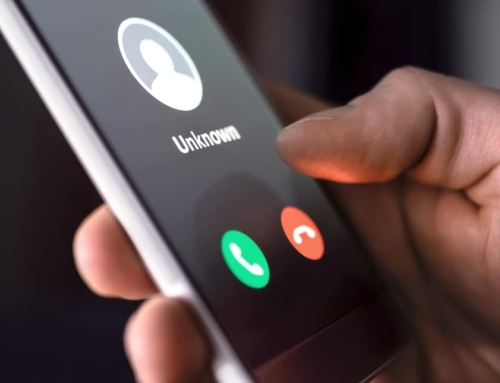Identity Theft is becoming a bigger problem, in part because people are using more and more technology. Consumers must become more vigilant about where and how they store personal information to avert identity theft.
Video# 00005
On Cam
I’m Ilyce Glink with Expert Real Estate Tips dot net. You know, identity theft gets to be a bigger and bigger problem every year.
Last year, an estimated one in ten Americans had some form of identity theft happen to them or their personal information was put at risk. It’s such a big pain in the neck to fix identity theft after it happens that you might want to take every step you can to prevent identity theft from happening in the first place.
Track
Identity theft is a growing problem for all of us but the real problem is that thieves constantly invent new ways to trick us out of our personal information.
Phishing, vishing, a call about missing jury duty or even an unattended mail box can all result in personal financial information being stolen. What can you do?
Sometimes you can’t do anything, especially if companies and government institutions lose laptops. But you can take steps to protect yourself. First, never store personal information on a laptop unless it’s encrypted. That means don’t put your credit card numbers, your Social Security number, your bank account numbers, or your computer passwords on a laptop or even on a portable hard drive.
Next, if you haven’t already set up online accounts with each of your credit cards, you should do that immediately. Then go online frequently to monitor your credit card accounts online and make sure that no one is charging up unauthorized purchases.
You should also check your credit history by going to Annual Credit Report dot com. you’re entitled to at least one free copy of your credit history from each of the three major credit reporting bureaus: Experian, Equifax and TransUnion.
While you’re there you can also buy a copy of your credit score, which should cost about seven dollars. And yes, it is safe to put in your credit card information at Annual Credit Report dot com.
Finally, it’s important to shred any document that has personal information on it before you throw it out. In fact, try to get rid of any mail that has account numbers on it like your credit card statements and have them sent to you electronically.
On Cam
Dollar for dollar, shredding your documents is probably the best thing you can do to avoid having your identity stolen. And you may not want to lose your wallet either.
For more real estate and personal finance tips, visit my Web site, Expert Real Estate Tips dot net.




Leave A Comment